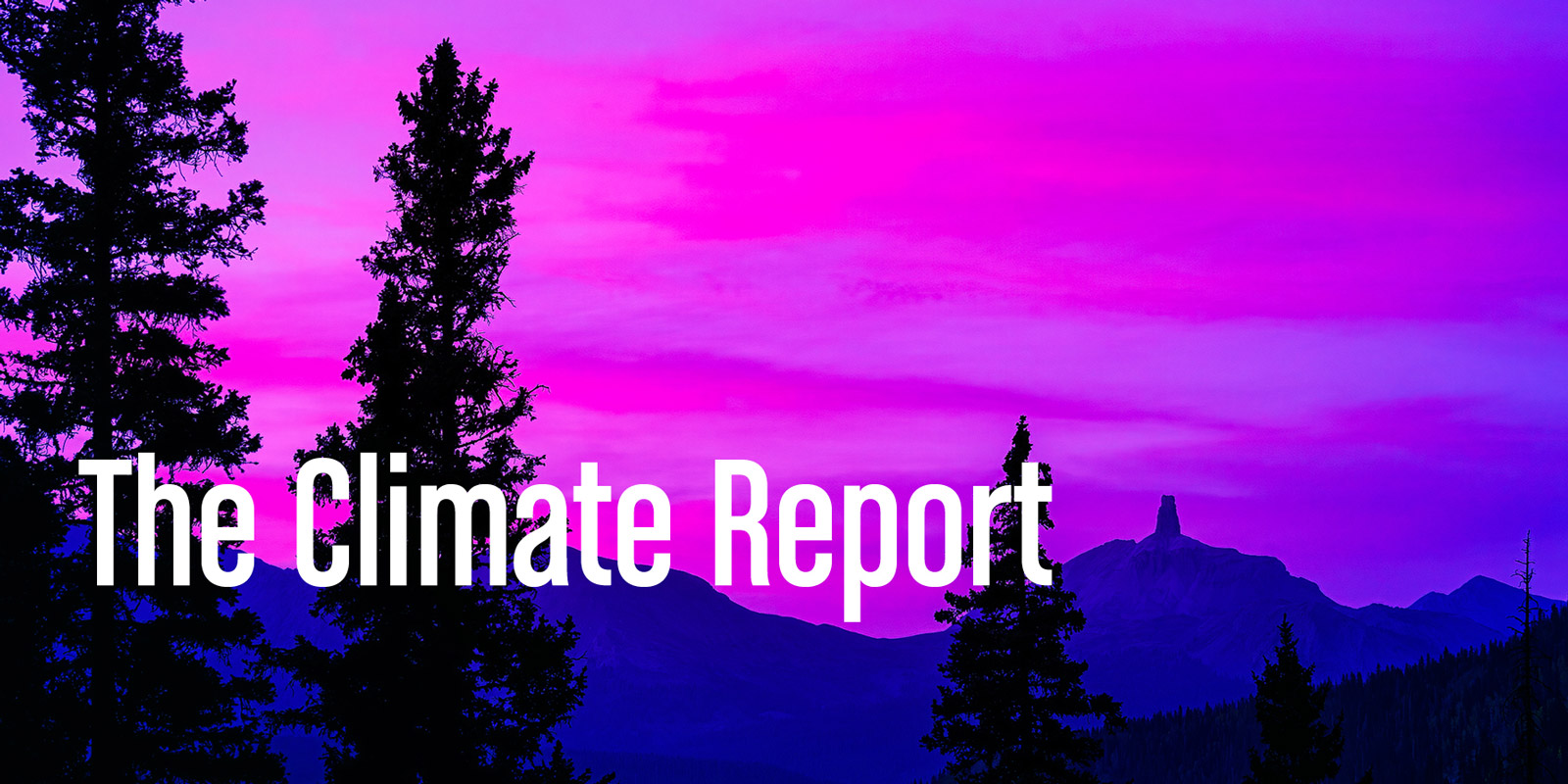
Related Lawsuits in Separate Countries Reflect Different Approach to Climate Litigation
Often, climate change lawsuits allege claims under constitutional provisions, human rights laws, or environmental statutes and regulations. Lawsuits filed in separate countries by Energy Transfer ("ET") and Greenpeace International ("GPI") related to the Dakota Access Pipeline—an underground crude oil pipeline stretching from North Dakota to Illinois—take a different approach that could be used by others in future litigation correlated with climate change issues. The backdrop for the dispute initially stems from allegations of GPI's defamatory statements about the pipeline and GPI's support of allegedly illegal acts by participants in high-profile protests along the pipeline route in 2016-2017. ET claimed that GPI orchestrated and financially supported criminal conduct by its affiliated activists and groups, including harassment of ET employees, trespass, and destruction of property.
ET first filed suit in the United States District Court for the District of North Dakota on August 22, 2017, against GPI and other Greenpeace entities and organizations. The main legal basis for this action was the Racketeer Influenced and Corrupt Organizations Act ("RICO"). ET alleged that the defendants were part of an illegal enterprise that engaged in a pattern of racketeering activity directed at stopping the Dakota Access Pipeline and funding themselves and other enterprise members in violation of RICO.
After the federal lawsuit was dismissed, ET and a related entity filed a lawsuit before a North Dakota state court that was centered on the Greenpeace entities' alleged defamatory statements about the pipeline and support of various illegal acts, including trespass, defamation, and tortious interference with business. In this suit, ET sought to recover damages based on project delays and financing issues, including withdrawal of financial institutions' support and difficulty securing new investment.
While ET's suit was pending in North Dakota state court, on March 11, 2025, GPI filed the first anti-Strategic Litigation Against Public Participation ("SLAPP") lawsuit based on the European Union's ("EU") anti-SLAPP Directive (Directive EU 2024/1069, the "Directive"). The Directive aims to protect individuals and organizations engaged in public participation (such as non-governmental organizations, journalists, and academics) from strategic lawsuits against public participation through early dismissal mechanisms, cost recovery, and compensation for damages. The Directive permits entities domiciled in the EU to initiate proceedings before European courts to claim damages caused by non-EU entities in SLAPP lawsuits that took place outside the EU.
GPI initiated the proceedings in the Netherlands, alleging that ET unlawfully initiated proceedings before North Dakota federal and state courts following protests against the Dakota Access Pipeline. GPI claims that ET's federal and state lawsuits had as their primary purpose to intimidate GPI and other public participants for their participation in public debate, and not to seek legitimate legal redress. GPI is seeking a declaratory judgment, establishing that ET's North Dakota suits were unlawful, and all damages GPI suffered in relation to these proceedings, including legal costs.
Shortly after GPI issued its writ of summons, the jury in the North Dakota state court action rendered a verdict in favor of ET on each of its claims and awarded approximately $666 million in damages to plaintiffs. GPI has announced that it will appeal the verdict to the North Dakota Supreme Court. GPI has also filed motions in the trial court for a judgment notwithstanding the verdict, and to reduce the damages amount; no ruling has been issued on either request.
The North Dakota jury verdict may impact GPI's Anti-SLAPP suit in the Netherlands. First, recital 29 of the Directive states that if a claimant in the alleged SLAPP suit pursues claims that are founded, such proceedings should not be regarded as abusive within the meaning of the Directive. The verdict will likely draw more scrutiny onto GPI's claim that ET's state court proceedings qualify as a SLAPP for which damages should be awarded.
The outcome of the North Dakota state court case may similarly impact GPI's Anti-SLAPP claim in relation to ET's federal court case. While that case was dismissed, the Dutch court may find that ET's federal court action does not qualify as a SLAPP, as GPI's conduct was found to be unlawful based on a different legal grounds. Inversely, recital 29 of the Directive also states that SLAPPs can be partially unfounded, i.e., a claim does not necessarily have to be completely unfounded for the proceedings to be considered abusive.
A final judgment in the Anti-SLAPP suit is not expected before mid-2026. If GPI is successful, it would need to seek to enforce the judgment in a competent U.S. court. This requirement could present challenges to GPI's enforcement of a potential Dutch judgment in its favor. While enforcement by a U.S. court is not entirely impossible—due to principles of comity as well as state statutes providing for the recognition of foreign money judgments—a presiding court would have considerable discretion in the matter and may be unwilling to validate a foreign judgment which holds that a U.S. jury verdict was abusive or illegal.
Given the complexities between the interplay of these types of actions across different international jurisdictions, it remains to be seen whether parties seek to employ approaches similar to those used by ET and GPI in future climate change litigation.


